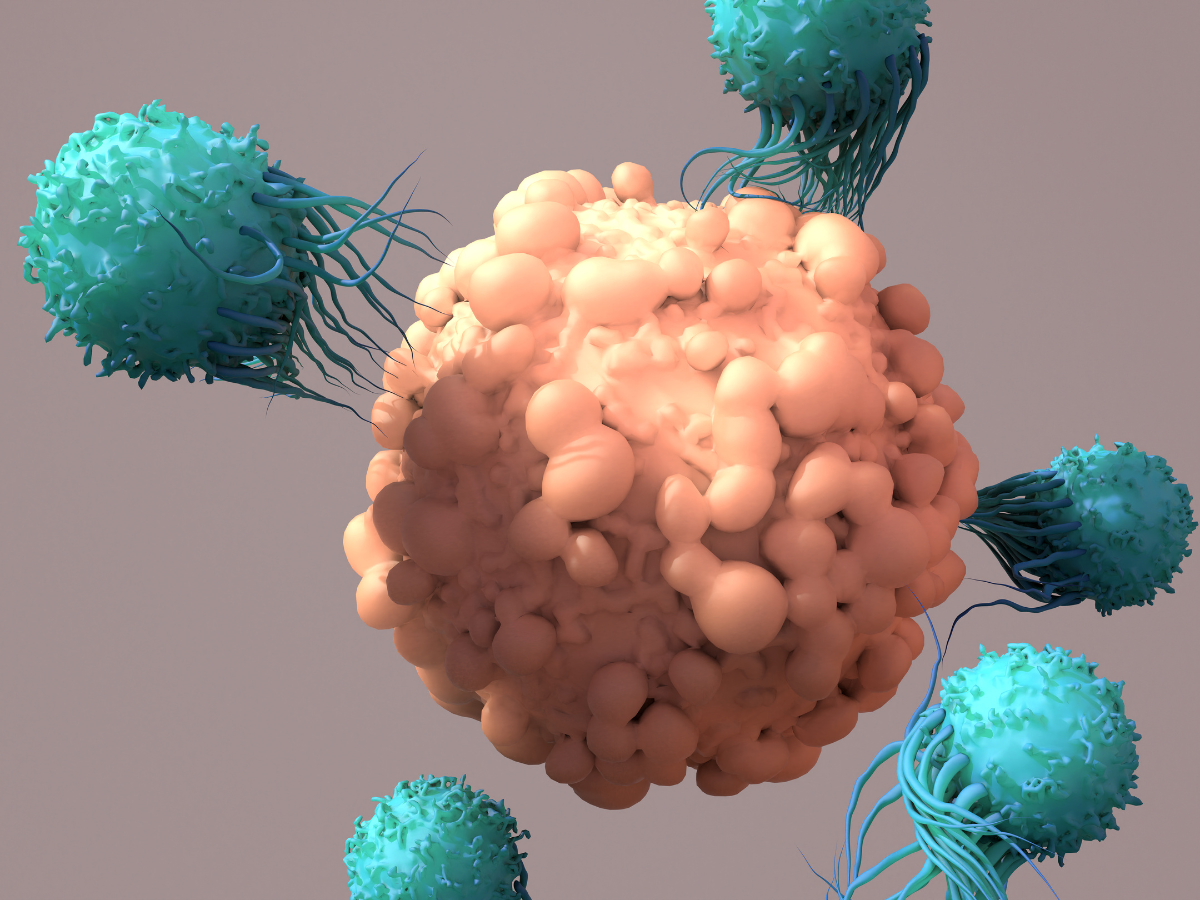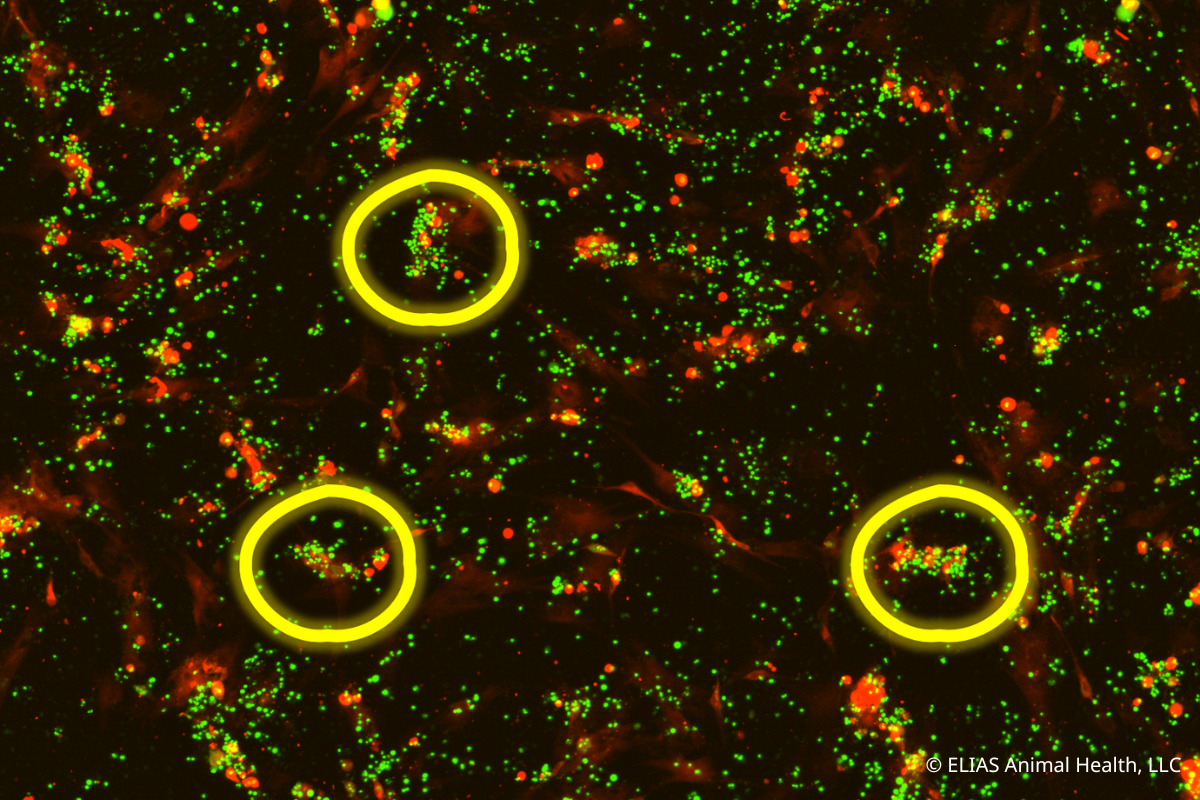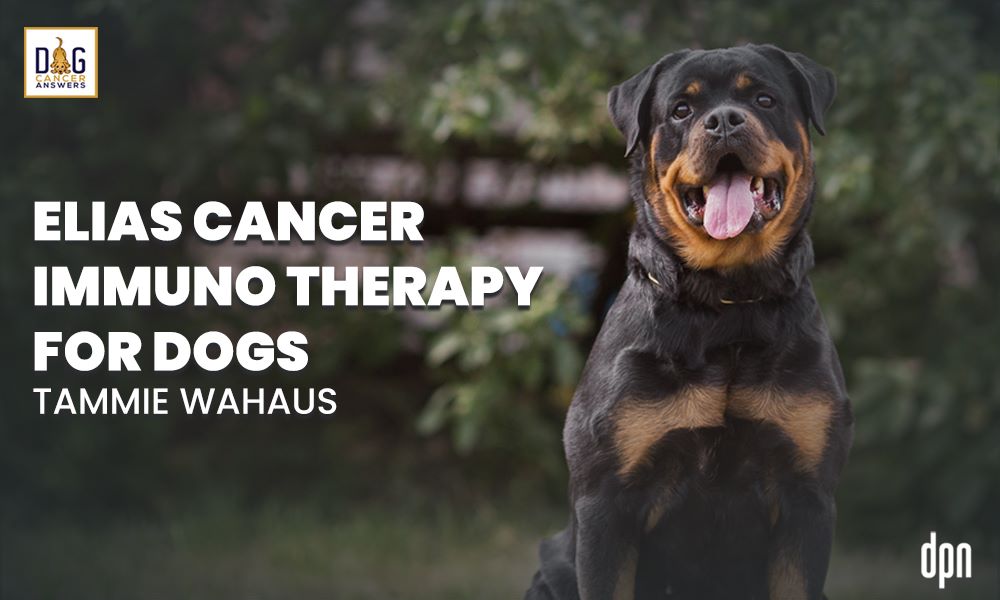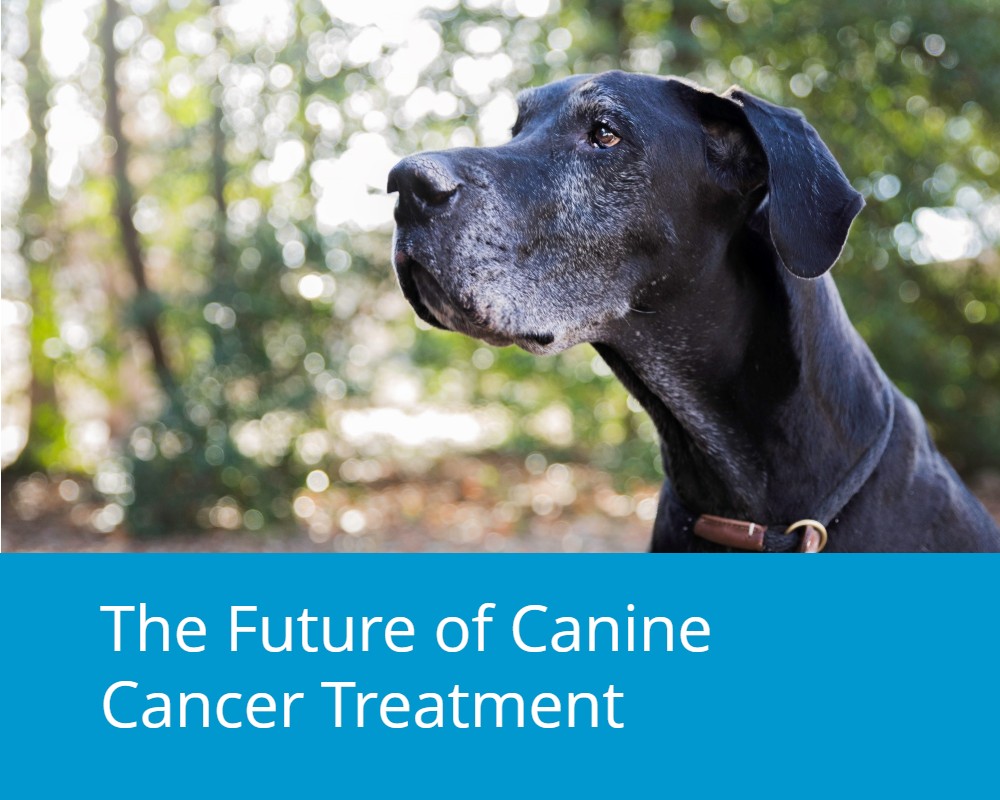ELIAS Animal Health Receives Approval from USDA for the ELIAS Cancer Immunotherapy (ECI®), First-In-Class Treatment for Canine Osteosarcoma
LENEXA, Kan., Mar. 19, 2025 -- ELIAS Animal Health, a leading companion animal cancer therapeutics company, today announced its adoptive cell therapy, ELIAS Cancer Immunotherapy (ECI®), has received approval from the U.S. Department of Agriculture (USDA) Center for Veterinary Biologics (CVB). Cancer is the leading cause of death in dogs over the age of two and represents a significant unmet medical need in veterinary medicine, with an estimated 6 million dogs diagnosed with cancer each year. ECI®, the first autologous prescription product to receive USDA-CVB approval, is indicated for the treatment of canine osteosarcoma, a deadly form of bone cancer. Large and giant breed dogs, such as Golden Retrievers, Boxers, Greyhounds, Labradors and German Shepherds, are at higher risk of developing this cancer. ECI® works by first conditioning the immune system to recognize a patient’s unique cancer and then delivering an army of activated killer T cells to target and [...]










